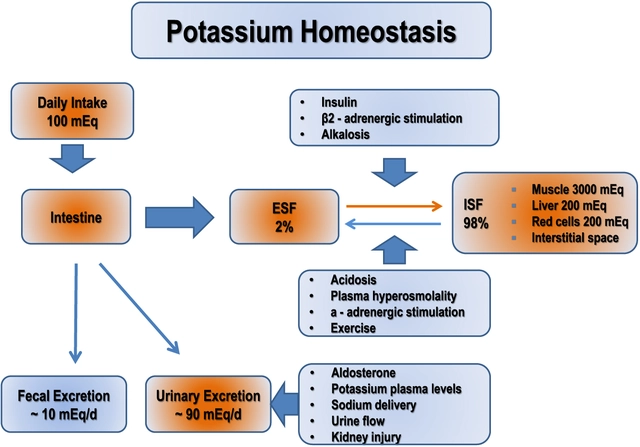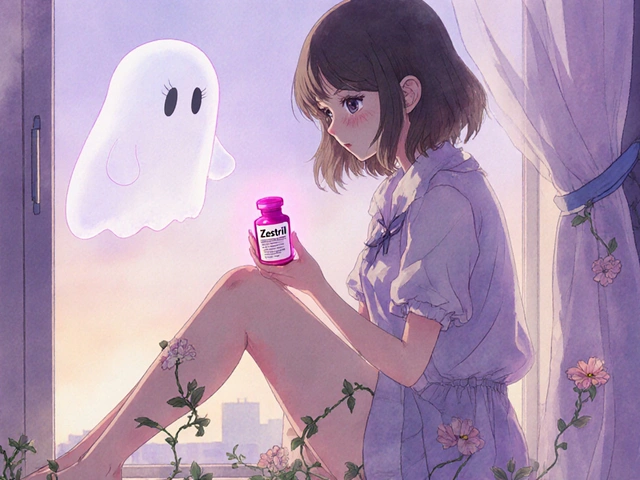Anxiety Treatment: What Works and How to Get Help
Around 1 in 5 people will face an anxiety disorder at some point. If that sounds like you, there are simple, proven options that help — from therapy to medications and practical daily steps. This page gives clear, usable choices so you can start making better decisions today.
Treatment usually falls into three buckets: therapy, medication, and lifestyle/supplements. Cognitive Behavioral Therapy (CBT) and exposure therapy are top picks for long-term benefit. They teach skills you can use forever: how to spot anxious thoughts, test them, and change reactions. Online therapy has made this more accessible if you can't get to an office.
Medications — what to expect
If anxiety is frequent or severe, meds can help quickly reduce symptoms. Common classes include SSRIs (sertraline, escitalopram), SNRIs (venlafaxine, duloxetine), short-term benzodiazepines (alprazolam, clonazepam) and buspirone. Beta-blockers like propranolol can ease physical symptoms for situations like public speaking. SSRIs and SNRIs often take 4–8 weeks to hit full effect. Benzodiazepines work fast but can cause dependence, so they’re usually short-term.
Side effects matter. Expect nausea, sleep changes, or sexual side effects with some antidepressants. Tricyclics like amitriptyline are sometimes used for pain and sleep, but they can affect heart rhythm — so talk with your doctor and get a check-up if you have heart concerns.
Supplements, habits, and practical steps
Small daily changes add up. Regular exercise, 7–9 hours of sleep, and cutting back on caffeine and booze reduce anxiety for many people. Breathing exercises and short mindfulness sessions can stop a panic attack in its tracks.
Some supplements show modest benefits. Fish oil (omega-3s) can support mood; magnesium and L-theanine help relaxation for some people. Always check interactions before mixing supplements with prescription meds. Avoid self-medicating with large doses or unverified products.
If cost or access is an issue, compare prices before buying. MexicanPharmacyPrices helps you compare drug and supplement costs in Mexico and points to trusted options. Buying online or across the border can save money, but be cautious: only use reputable pharmacies, keep your prescription, and check packaging and batch numbers.
When should you see a doctor? If anxiety stops you from working, sleeping, or enjoying life, get medical help. If you're thinking about stopping a medication, don’t quit suddenly — some drugs need a gradual taper. If you have chest pain, fainting, or new heart symptoms while on a med, seek care right away.
Want practical next steps? Try one therapy session, discuss an SSRI with your clinician if symptoms persist, and test small habit changes this week: a 20-minute walk, less caffeine, and one breathing exercise daily. And if price is a worry, check our price guides for safer, cheaper options in Mexico before you buy.





